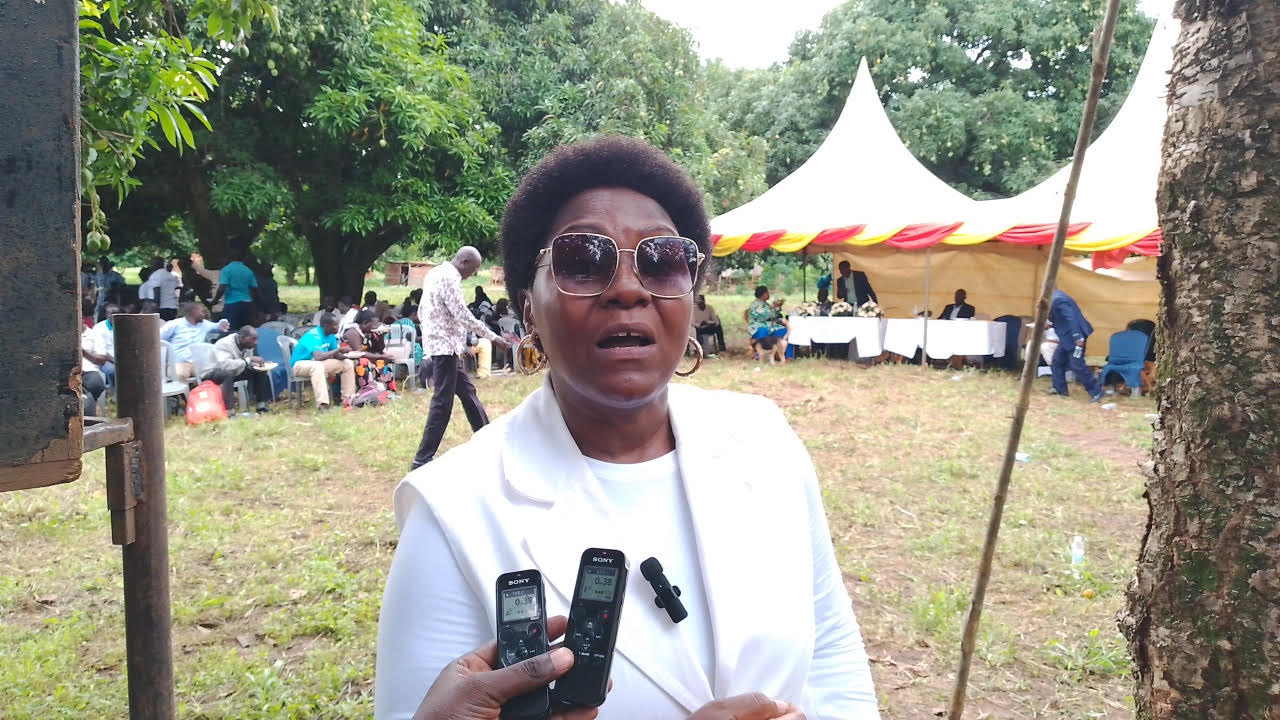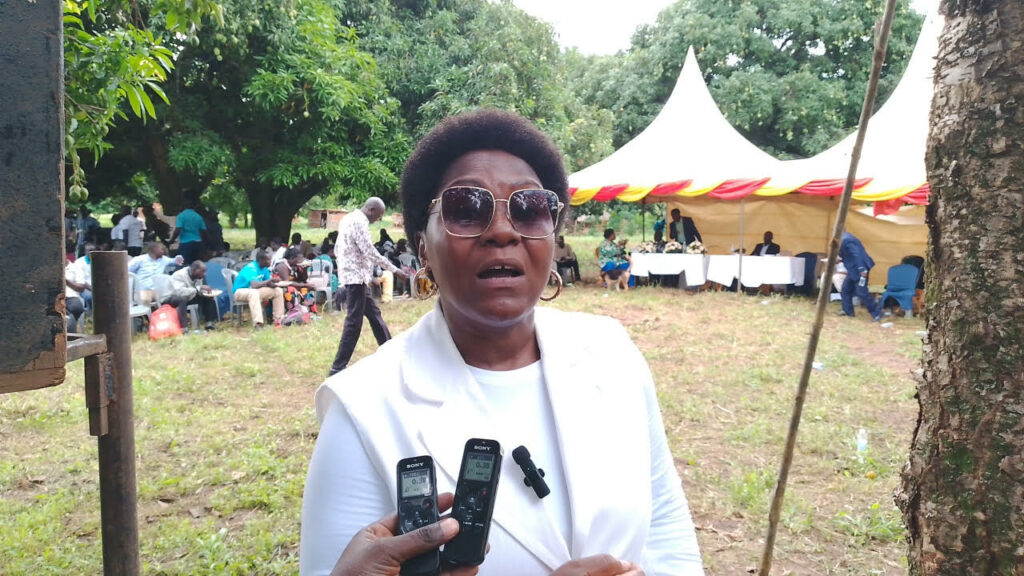
 Tembo FM
Tembo FM

 Tembo FM
Tembo FM
2 May 2025, 2:00 pm

By Otim Moses
The Acholi sub-region is set to become a major coffee-producing hub, with ambitious plans to expand coffee cultivation to one million hectares over the next three years. This target is being spearheaded by the Operation Wealth Creation (OWC) programme, aimed at boosting coffee production and improving farmers’ livelihoods.
According to Sylvia Damalie Owori, Director of Operation Wealth Creation, the programme is collaborating with various government agencies, including the Ministry of Agriculture, Animal Industry and Fisheries (MAAIF), the National Coffee Research Institute (NaCORI), the Ministry of Water and Environment, and the Ker Kwaro Acholi Kingdom, among others.
To achieve the one million hectare target, OWC has rolled out key initiatives:
Ms Owori emphasised that coffee farming presents numerous benefits for the region, including increased household income and regional economic growth.
Retired Brigadier General John Charles Anywar, the OWC Director for Coffee, Tea, and Cocoa, added that coffee cultivation can also help prevent land disputes and unnecessary land sales.
“Once coffee is planted on a particular piece of land, no one else will come to claim it,” he noted.
Williams Komakech, the Resident District Commissioner of Lamwo, urged agricultural extension workers to lead by example.
“It will be unfair for an extension worker to have no coffee garden, yet advise others,” he said, encouraging them to establish personal demonstration gardens to inspire farmers and promote best practices.
Komakech further stated that, although the target is ambitious, it is attainable with the right investment and coordination.
“With adequate support, coffee farming can significantly drive economic growth in the Acholi sub-region and improve the lives of farmers and their families,” he said.
Sisto Oyet Ocen, Chairperson of Lamwo district, echoed these sentiments, highlighting the importance of collaboration between OWC and various government stakeholders to overcome challenges and unlock the full potential of coffee farming. He also called for an end to the long-standing myth that Acholi land is unsuitable for coffee cultivation.